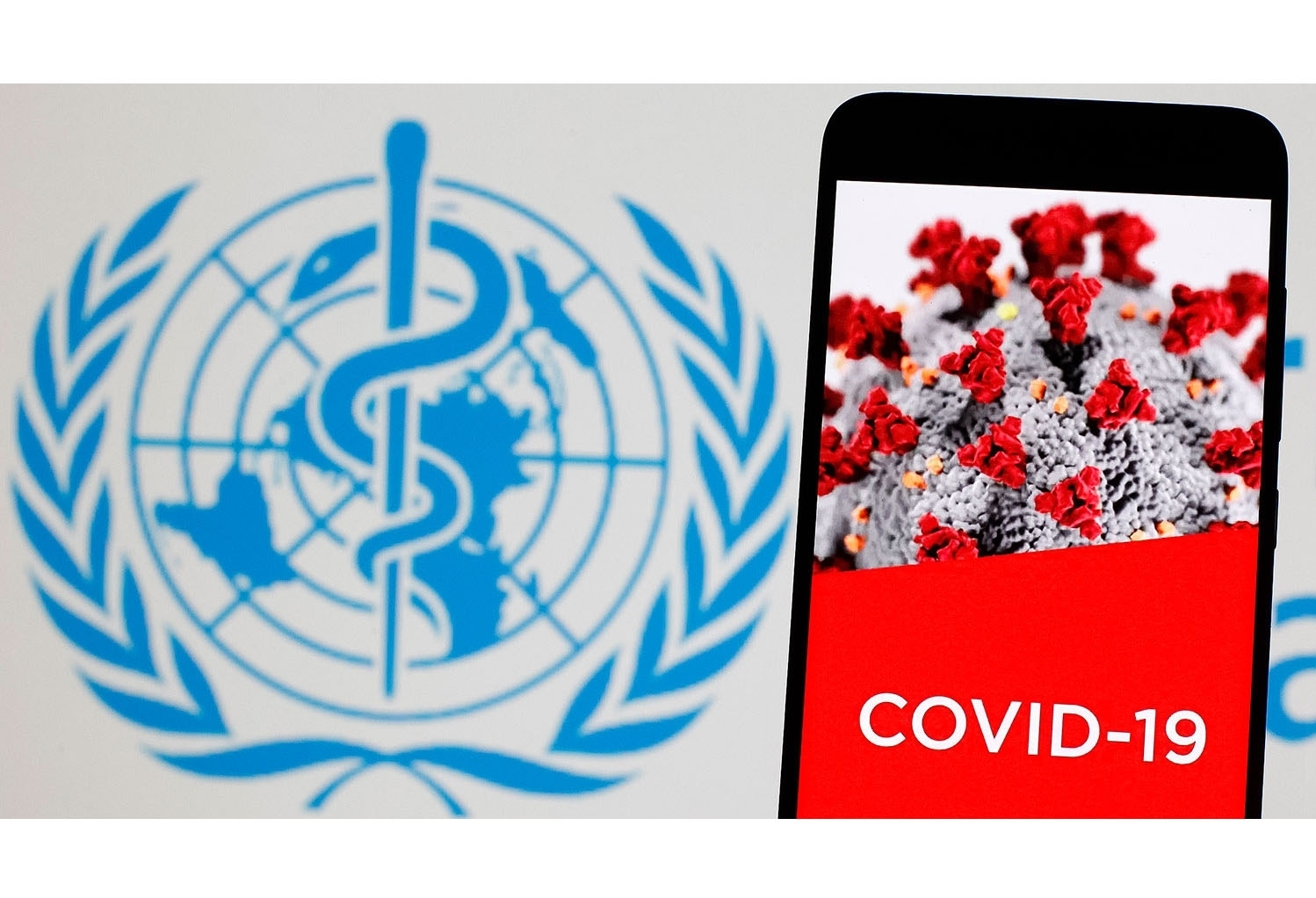



WHO: It is clear the virus is likely to stay with us for many years to come

Baku, June 13, AZERTAC
Although COVID-19 is no longer defined as a Public Health Emergency of International Concern (PHEIC), it continues to take a significant toll on health globally. With the pandemic now in its fourth year, it is clear the virus is likely to stay with us for many years to come - if not forever. Responding to the current situation, and looking to the future, WHO/Europe is launching its transition plan for COVID-19, according to WHO Europe.
“While the international public health emergency may have ended, the pandemic certainly has not,” explained Dr Hans Henri P. Kluge, Regional Director for WHO/Europe. “And as our Region seeks to emerge from this crisis, it is also faced with new health threats, at a time when our health systems face increasing workforce and other challenges.”
“Using the momentum built since 2020, now is the time to invest and sustain the gains made during the pandemic response and apply the lessons of this pandemic and other health emergencies,” continued Dr Kluge. “This is the way to increase the resilience of our health systems against future shocks.”
Across Europe and central Asia, more than 270 million people have been infected by COVID-19 and over 2.2 million people have died from the disease since January 2020. Although hospitalizations and deaths from COVID-19 have declined significantly, thanks to increased population immunity, the continued widespread circulation of the virus means that thousands of vulnerable people are still dying each week. Despite progress made, inequities across the WHO European Region persist, and vast knowledge gaps still need to be filled.
There is still also the very real risk of new variants emerging that could be more transmissible and/or more severe, which makes the need for continued resources into surveillance all the more critical.
Meanwhile, efforts to control infections have relaxed, even though the longer-term health consequences of infection and re-infection at the individual and population levels remain poorly understood.
It is estimated that at least 17 million people experienced Post COVID-19 Condition (long COVID) in the first 2 years of the pandemic and that number potentially doubled to over 34 million in 2022.
As the Region enters this new phase, countries will also have to learn to live with the virus alongside other respiratory diseases, and this means integrating COVID-19 control into broader prevention and control programmes.
As such, WHO/Europe will implement 13 strategic shifts in its approach to managing COVID-19 across the 5 core subsystems of WHO’s work in emergencies.
To help achieve this, WHO/Europe’s new transition plan provides a framework to leverage innovations and lessons from COVID-19 and other recent emergencies into the development of the next regional 5-year action plan to strengthen health emergency preparedness, response, and resilience in the WHO European Region, 2024-2029 - what WHO/Europe is calling Preparedness 2.0.
Azerbaijan administered 70 COVID-19 jabs over past week
Azerbaijan logged 111 new COVID-19 cases over past week
Azerbaijan administered 166 COVID-19 jabs over past week